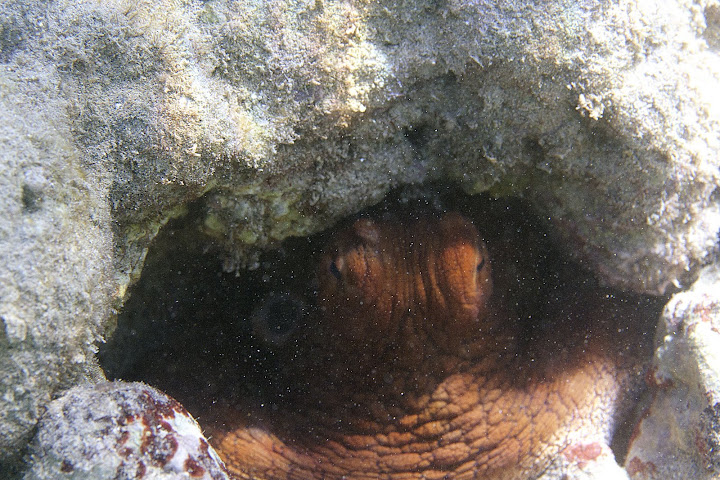fisheater
Contributor
Ask around for a club you can join that dives locally. A good mentor (or two, or three, or . . . ) and regular diving will make all the difference in the world.
Welcome to ScubaBoard, the world's largest scuba diving community. Registration is not required to read the forums, but we encourage you to join. Joining has its benefits and enables you to participate in the discussions.
Benefits of registering include
astronaut:So my question is: how can I make myself confident and relaxed so I won't start worrying and therefore burn my air too fast? What are some suggestions from the more experienced divers here?


